Should Google remove the option to sideload Android apps?
This article may contain personal views and opinion from the author.

The problem with Android app piracy seems to be escalating lately, with more and more developers expressing their negative opinion towards the platform's little to no protection against this problem.
App piracy on Android is nothing new. The percentage of pirated apps versus bought ones has always been higher on Android than on iOS, and developers have not once brought this issue to the public's attention. Up until now, this was something that devs put up with. They didn't expect wonders from Android, because Android seemed more like a work in progress, rather than a finished product. This was until Ice Cream Sandwich came into the scene.
Growing up
With Android 4.0 ICS, the OS suddenly started to feel complete. It got rid of its old, ugly clothes, put on a stylish suit and became much more faster and smoother. The newest version, 4.1, is building on this already strong foundation. However, while Google managed to make significant progress with the OS itself, thanks to clever and talented guys like Matias Duarte, it looks like the app ecosystem is currently trailing behind. We know that good-looking and polished apps are more than possible on Android, but the majority of apps are still quite amateurish, at least in terms of their design. Maybe that's because developers don't think the investment is worth it?
Many Android-defenders would say that you can also install pirated apps on iOS. That's true, but have you actually tried to do it? The process requires you to jailbreak your iPhone or iPad, which isn't very easy these days even for people who are into technology, let alone for the regular customers. Actually, a normal user (read: non-geek), would never even think about jailbreaking their device. It's that complicated (for a normal user). The thing is that there's absolutely no way you can install a pirated copy of an app without having your iDevice jailbroken. On the other hand, with Android, you only have to go to Settings -> Security -> check Unknown sources. And you're ready to go. You can simply find a pirated app copy using Google search, download it to your computer, copy it over to your mobile device's mass storage, and then execute it. Alternatively, you can just find and download it using your Android device's browser, and then execute it. Congrats, you have installed your pirated app. No rooting required, no jailbreaking. It's like app piracy has been built into the system from the get go.
At PhoneArena, we've been expecting Google to get rid of that option with every new release, but it's still sticking around. The problem with this is that Android is no longer the OS for geeks it once was. It now has a lot of market share, and a lot of normal users are buying Android devices, because they like a particular model, or need a slightly more affordable device, or something like that. This means that there's real opportunity for developers to make money on Android, but they don't, because it's so easy to install apps without having to actually pay for them.
Closing Android (is not evil)
The solution to all this seems quite simple to us - get rid of the option that allows you to install apps from sources other than the Google Play store. Of course, Android is open and tech-savvy people will quickly find a workaround for that, but in case Google tries hard to make this workaround complicated enough, the vast majority of users will never bother to implement the workaround. As a result, people will just stick to getting their apps from the Play Store. Still, Google is yet to make this move, and there are no indications that it's going to happen anytime soon.
We are aware that such a transition will be hard at first, and probably many hardcore Android users (those who helped Android pick up speed) will be pissed off, but the question is, should Google bother about those users? Google has always tried to be good to its customers, to not be evil, but now this kind of generosity is going against its own ecosystem. Developers are getting hurt financially, and are finding it increasingly hard to stay afloat due to this whole "open", and "don't be evil" mantra. Google will not become evil, if it closes that part of Android that makes piracy so easy. As a matter of fact, it should feel obliged to do so, because these devs are the same devs that made Android a worthwhile experience.
With all this in mind, here's a question for you:
App piracy on Android is nothing new. The percentage of pirated apps versus bought ones has always been higher on Android than on iOS, and developers have not once brought this issue to the public's attention. Up until now, this was something that devs put up with. They didn't expect wonders from Android, because Android seemed more like a work in progress, rather than a finished product. This was until Ice Cream Sandwich came into the scene.
With Android 4.0 ICS, the OS suddenly started to feel complete. It got rid of its old, ugly clothes, put on a stylish suit and became much more faster and smoother. The newest version, 4.1, is building on this already strong foundation. However, while Google managed to make significant progress with the OS itself, thanks to clever and talented guys like Matias Duarte, it looks like the app ecosystem is currently trailing behind. We know that good-looking and polished apps are more than possible on Android, but the majority of apps are still quite amateurish, at least in terms of their design. Maybe that's because developers don't think the investment is worth it?
Game developer MadFinger, which is responsible for hit titles like ShadowGun and Dead Trigger, recently came out with a statement complaining of the "giant" piracy rate for its latest game, which eventually forced it to offer it for free, instead of with a price of $0.99. Apparently, 1 buck was too much for some people to pay for one of the hottest games on Google Play. Another developer, Matt Gemmell, who makes a living as an iOS and OS X dev, says that the high piracy levels on Android are ultimately due to the platform's extreme openness. He even goes as far as to say that "Android is designed for piracy." Of course, what this means is that the way things stand currently, it's way too easy to pirate apps for the platform.
Many Android-defenders would say that you can also install pirated apps on iOS. That's true, but have you actually tried to do it? The process requires you to jailbreak your iPhone or iPad, which isn't very easy these days even for people who are into technology, let alone for the regular customers. Actually, a normal user (read: non-geek), would never even think about jailbreaking their device. It's that complicated (for a normal user). The thing is that there's absolutely no way you can install a pirated copy of an app without having your iDevice jailbroken. On the other hand, with Android, you only have to go to Settings -> Security -> check Unknown sources. And you're ready to go. You can simply find a pirated app copy using Google search, download it to your computer, copy it over to your mobile device's mass storage, and then execute it. Alternatively, you can just find and download it using your Android device's browser, and then execute it. Congrats, you have installed your pirated app. No rooting required, no jailbreaking. It's like app piracy has been built into the system from the get go.
Closing Android (is not evil)
The solution to all this seems quite simple to us - get rid of the option that allows you to install apps from sources other than the Google Play store. Of course, Android is open and tech-savvy people will quickly find a workaround for that, but in case Google tries hard to make this workaround complicated enough, the vast majority of users will never bother to implement the workaround. As a result, people will just stick to getting their apps from the Play Store. Still, Google is yet to make this move, and there are no indications that it's going to happen anytime soon.
We are aware that such a transition will be hard at first, and probably many hardcore Android users (those who helped Android pick up speed) will be pissed off, but the question is, should Google bother about those users? Google has always tried to be good to its customers, to not be evil, but now this kind of generosity is going against its own ecosystem. Developers are getting hurt financially, and are finding it increasingly hard to stay afloat due to this whole "open", and "don't be evil" mantra. Google will not become evil, if it closes that part of Android that makes piracy so easy. As a matter of fact, it should feel obliged to do so, because these devs are the same devs that made Android a worthwhile experience.



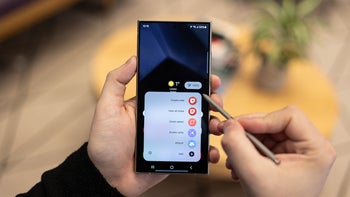

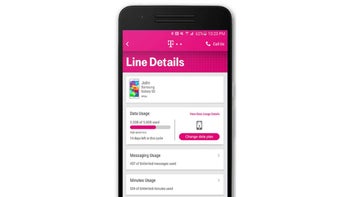
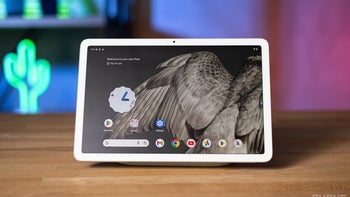

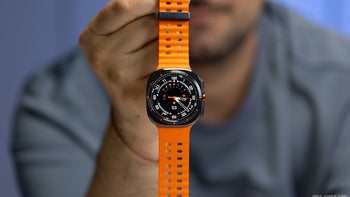
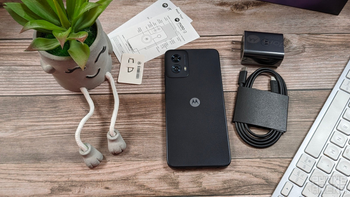


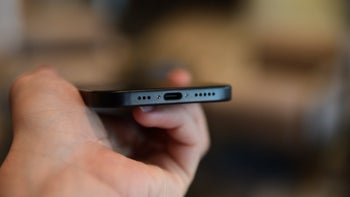
Things that are NOT allowed: